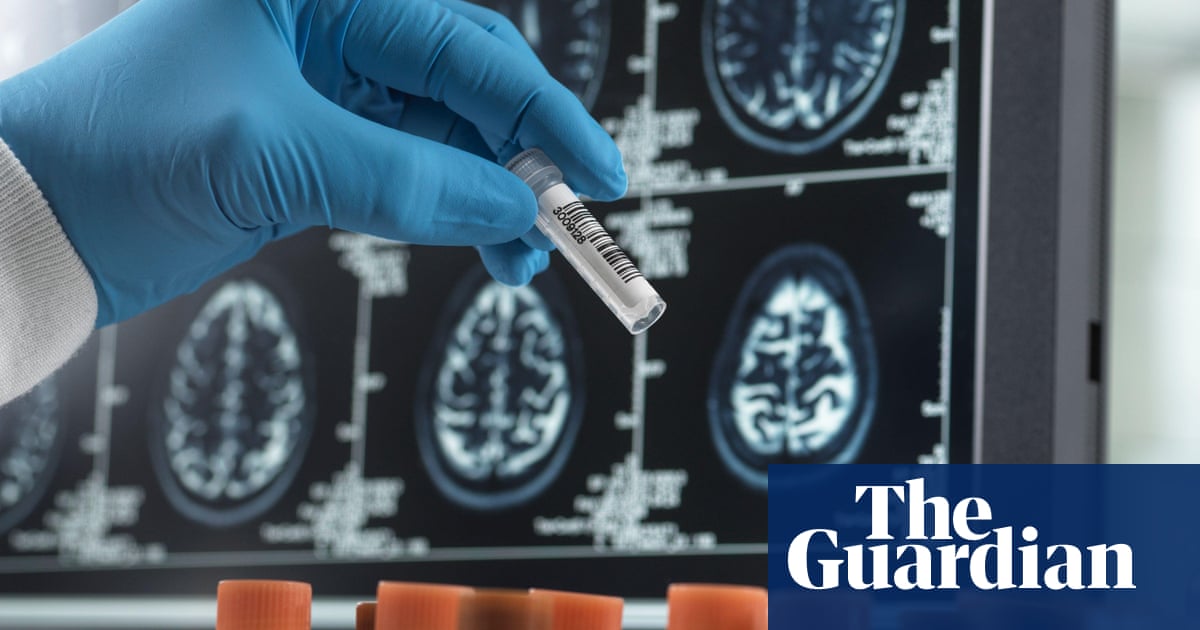
"We found that blood testing affirmed the diagnosis of Alzheimer's disease with 95% sensitivity and 82% specificity, making it highly accurate in real-world settings."
"The blood test has been approved by the Food and Drug Administration, marking a significant step forward in Alzheimer's diagnostics."
"Our study indicates that the accuracy of this blood test is similar to cerebrospinal fluid biomarkers, but is much more convenient and cost-effective."
"The next steps involve evaluating the test in more diverse populations and individuals with early Alzheimer's who have no cognitive symptoms."
A new blood test developed by experts at the Mayo Clinic shows promising results in accurately diagnosing Alzheimer's disease by measuring specific proteins in blood plasma. The test, which examines amyloid beta 42/40 and p-tau217 proteins, demonstrated a 95% sensitivity for detecting early symptoms and an 82% specificity for ruling out non-dementia cases. Approved by the FDA, the study involved over 500 participants, affirming the test's reliability and convenience compared to more invasive methods. Future research aims to expand testing to diverse populations and early-stage patients without cognitive symptoms.
Read at www.theguardian.com
Unable to calculate read time
Collection
[
|
...
]